Fuel filters are an essential component of a vehicle’s fuel system that ensure clean fuel is delivered to the engine. Over time, fuel filters become clogged with dirt, debris, and contaminants, which can lead to a variety of problems. As such, it’s important to replace the fuel filter periodically to maintain the health of the fuel system and ensure optimal engine performance.
Understanding the role of a fuel filter is crucial in determining how often it should be replaced. Fuel filters are responsible for removing impurities from the fuel, such as dirt, rust, and other debris that can cause damage to the engine. Signs of a clogged fuel filter include reduced engine performance, difficulty starting the engine, and a noticeable smell of gasoline. If these symptoms are present, it’s important to inspect the fuel filter and replace it if necessary.
Replacing a fuel filter is a relatively simple process that can be done by a professional mechanic or a DIY enthusiast. The process involves locating the fuel filter, disconnecting the fuel lines, and removing the old filter before installing a new one. It’s important to follow the manufacturer’s recommendations for replacing the fuel filter, as different vehicles require different maintenance schedules. Additionally, fuel additives can be used to help maintain the health of the fuel system and improve fuel economy.

Auto mechanic replaces a car’s fuel filter.
Key Takeaways
- Fuel filters are responsible for removing impurities from the fuel and ensuring clean fuel is delivered to the engine.
- Signs of a clogged fuel filter include reduced engine performance, difficulty starting the engine, and a noticeable smell of gasoline.
- Replacing a fuel filter is a relatively simple process that should be done periodically according to the manufacturer’s recommendations.
Understanding the Role of a Fuel Filter
A fuel filter is an essential component of a vehicle’s fuel system. Its primary function is to prevent dirt, debris, and other contaminants from entering the engine. Without a fuel filter, these harmful particles could clog the fuel injectors or damage the engine, leading to costly repairs.
The fuel filter works by filtering the fuel as it flows from the gas tank to the engine. It is usually located between the fuel tank and the fuel pump, although the exact location can vary depending on the make and model of the vehicle. The fuel filter traps any impurities in the fuel, such as rust, dirt, and water, before they can reach the engine.
Over time, the fuel filter can become clogged with debris, reducing its effectiveness. This can cause a variety of problems, including reduced engine performance, decreased fuel efficiency, and even engine failure. It is therefore important to replace the fuel filter regularly to ensure that the fuel system is functioning properly.
The fuel filter is also an important component in maintaining the health of other parts of the fuel system, such as the fuel pump and fuel injectors. If the fuel filter becomes clogged, it can cause the fuel pump to work harder, leading to premature failure. Similarly, if the fuel injectors become clogged with debris, they may not function properly, leading to poor engine performance.
In summary, the fuel filter is a critical component of a vehicle’s fuel system. It prevents harmful contaminants from entering the engine and helps to maintain the health of other parts of the fuel system. It is important to replace the fuel filter regularly according to the manufacturer’s recommendations to ensure that the fuel system is functioning properly and to avoid costly repairs.
Signs of a Clogged Fuel Filter
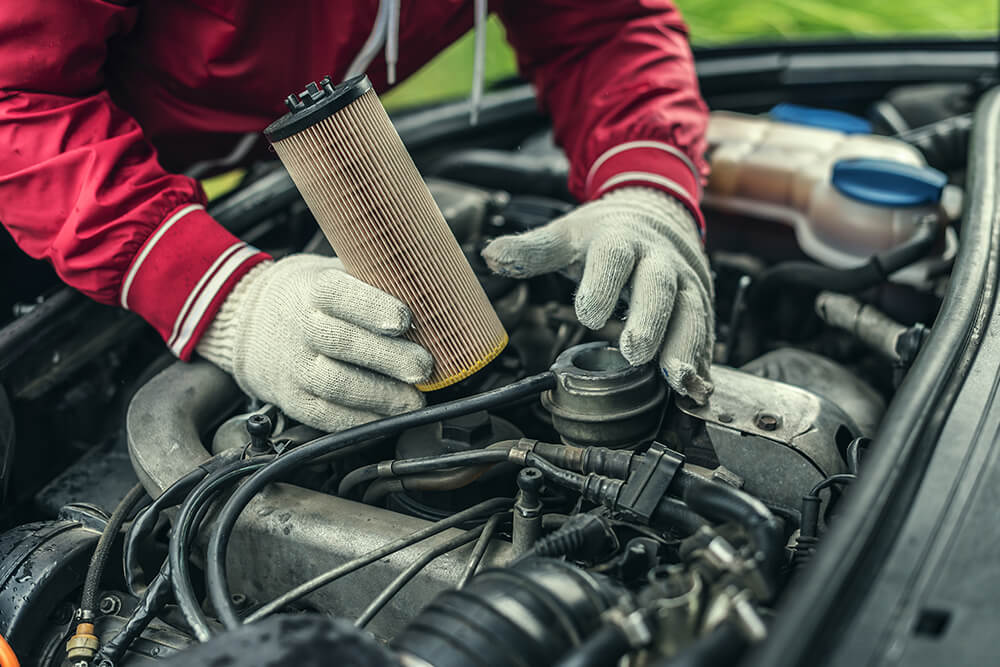
Fuel filters are an essential component of a vehicle’s fuel system. They prevent contaminants from entering the engine and ensure that only clean fuel reaches the combustion chamber. Over time, fuel filters can become clogged, leading to a range of issues that can affect the performance of the vehicle. Here are some signs of a clogged fuel filter:
- Sputtering and Hesitation: If the engine sputters or hesitates during acceleration, it could be a sign of a clogged fuel filter. A clogged filter restricts the flow of fuel to the engine, leading to a lack of power and performance issues.
- Stalling: A clogged fuel filter can cause the engine to stall, especially at low speeds or when idling. This occurs when the fuel flow to the engine is restricted, causing the engine to shut down.
- Check Engine Light: A clogged fuel filter can trigger the check engine light to come on. This occurs when the engine control module detects a problem with the fuel system, such as low fuel pressure or a blocked fuel filter.
- Decreased Fuel Efficiency: A clogged fuel filter can reduce fuel efficiency by restricting the flow of fuel to the engine. This can result in increased fuel consumption, leading to more frequent trips to the gas station.
If any of these symptoms occur, it is important to have the fuel filter checked and replaced if necessary. It is recommended that the fuel filter be replaced every 20,000 to 30,000 miles, although this can vary depending on the make and model of the vehicle. Diesel vehicles may require more frequent filter replacements due to their higher fuel consumption.
Implications of a Dirty Fuel Filter
A fuel filter that is dirty or clogged can cause a variety of problems for a vehicle. Here are some of the most significant implications of a dirty fuel filter:
Poor Engine Performance
A dirty fuel filter can cause poor engine performance, which can manifest in several ways. The engine may hesitate or stumble when accelerating, or it may not start at all. In some cases, the engine may stall while idling or driving. These symptoms are caused by a lack of fuel reaching the engine due to a clogged filter.
Damage to the Engine
Over time, a dirty fuel filter can cause damage to the engine. When the filter is clogged, the fuel pump has to work harder to push fuel through the system. This can cause the pump to wear out faster, leading to costly repairs. Additionally, particles that get past the filter can cause damage to the fuel injectors and other engine components.
Clogged Fuel Filter
A clogged fuel filter can cause a variety of problems, including reduced fuel efficiency, poor engine performance, and stalling. When the filter is clogged, it restricts the flow of fuel to the engine, which can cause the symptoms mentioned above. In extreme cases, a clogged filter can cause the engine to stop running altogether.
Fuel Delivery Issues
A dirty fuel filter can also cause issues with fuel delivery. When the filter is clogged, it can cause the fuel pressure to drop, which can result in a lean fuel mixture. This can cause the engine to run hot, which can lead to engine damage. Additionally, if the fuel pressure drops too low, the engine may not start at all.
In conclusion, it is essential to replace the fuel filter at regular intervals to prevent these problems from occurring. The recommended replacement interval varies depending on the make and model of the vehicle, but it is typically every 20,000 to 30,000 miles or every two years. It is important to consult the owner’s manual for specific recommendations for your vehicle.
How to Inspect a Fuel Filter

Inspecting a fuel filter is an important part of maintaining a healthy fuel system in your vehicle. A fuel filter that is clogged or dirty can cause a variety of problems, including decreased fuel efficiency and engine performance. Here are some steps to inspect a fuel filter:
- Locate the fuel filter: The fuel filter is usually located near the fuel tank or along the fuel line. Check the owner’s manual or consult a mechanic if you’re unsure where it is located.
- Check for contaminants: Remove the fuel filter and inspect it for any contaminants, such as debris, impurities, or rust. These can clog the filter and prevent fuel from flowing properly.
- Check for damage: Look for any signs of damage, such as cracks or leaks. A damaged fuel filter can cause fuel to leak out and potentially cause a fire hazard.
- Check the filter’s condition: A fuel filter that is dirty or clogged will need to be replaced. If the filter is still in good condition, it can be cleaned and reused.
- Consult a mechanic: If you’re unsure about how to inspect or replace a fuel filter, it’s best to consult a mechanic. They can provide guidance and ensure that the job is done correctly.
In summary, inspecting a fuel filter is an important part of maintaining a healthy fuel system in your vehicle. By following these steps, you can ensure that your fuel filter is in good condition and functioning properly.
When to Replace a Fuel Filter
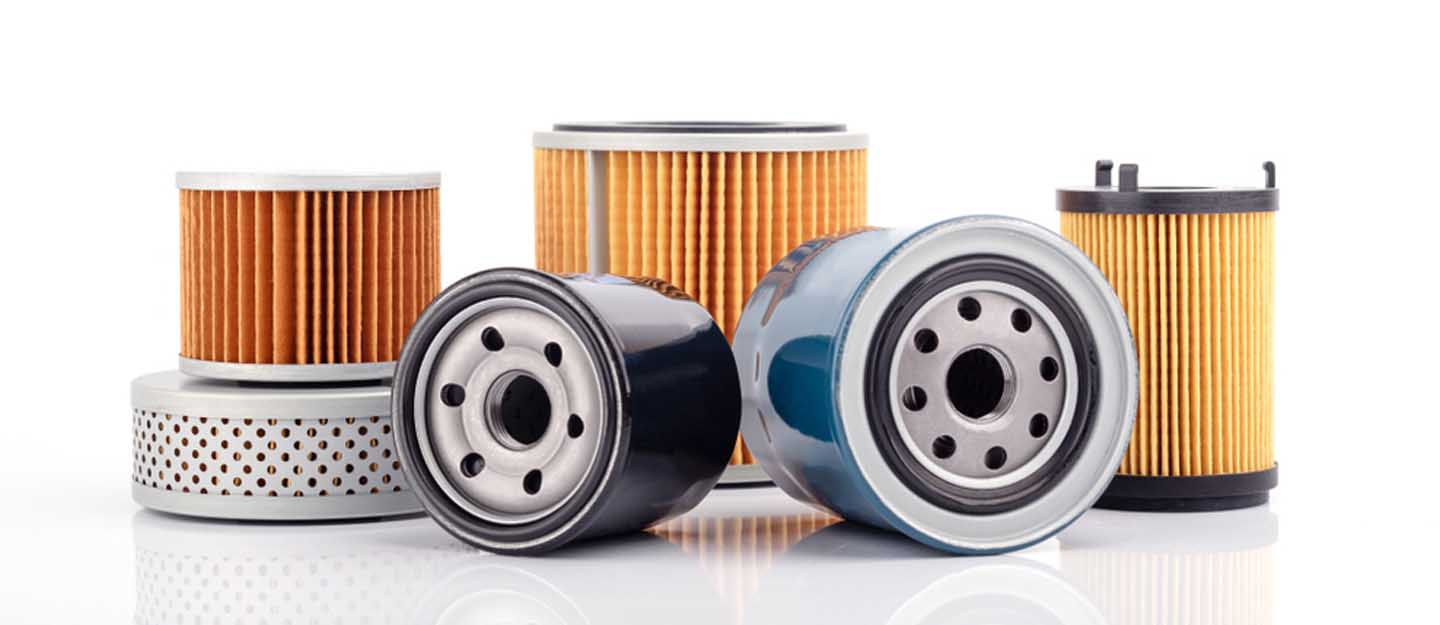
Knowing when to replace a fuel filter is important to keep a car running smoothly. The owner’s manual is the best source of information for the recommended service interval for a fuel filter replacement. The service interval can vary depending on the make and model of the car.
In general, it is recommended to replace the fuel filter every 20,000 to 40,000 miles. However, the replacement interval can be shorter or longer depending on driving conditions, fuel quality, and other factors. For example, if the car is driven in dusty or dirty conditions, the fuel filter may need to be replaced more frequently.
One sign that a fuel filter needs to be replaced is a decrease in performance or fuel efficiency. If the car is struggling to accelerate or is using more fuel than usual, it may be time to replace the fuel filter. Another sign is a rough idle or stalling when the car is at a stop.
It is important to replace the fuel filter on schedule to prevent damage to the fuel system. A clogged fuel filter can cause fuel pressure to drop, which can damage the fuel pump and injectors.
In summary, the recommended service interval for fuel filter replacement can vary depending on the make and model of the car. It is important to replace the fuel filter on schedule to prevent damage to the fuel system. Signs that the fuel filter needs to be replaced include decreased performance or fuel efficiency, rough idle, or stalling.
Process of Changing a Fuel Filter
Changing a fuel filter is a relatively simple process that can be done by a mechanic or a car owner with some basic knowledge of car maintenance. The process involves replacing the old fuel filter with a new one and ensuring that the fuel lines are properly connected.
To replace the fuel filter, the mechanic or car owner will need to locate the fuel filter, which is typically located between the fuel tank and the engine. The exact location of the fuel filter can vary depending on the make and model of the car, so it is important to consult the owner’s manual or a repair manual for specific instructions.
Once the fuel filter is located, the mechanic or car owner will need to disconnect the fuel lines from the filter. This can be done using a special tool designed for this purpose, or by using pliers or a wrench to loosen the connections. It is important to be careful when removing the fuel lines, as they may be under pressure and can release fuel when disconnected.
After the fuel lines are disconnected, the old fuel filter can be removed and replaced with a new one. The new fuel filter should be installed in the same orientation as the old one, with the arrows on the filter pointing in the direction of fuel flow. The fuel lines can then be reconnected to the new fuel filter, making sure that the connections are tight and secure.
Once the new fuel filter is installed and the fuel lines are connected, the mechanic or car owner should start the engine and check for any leaks or other issues. It is important to check the fuel lines and connections carefully for leaks, as any fuel leaks can be dangerous and should be addressed immediately.
Overall, changing a fuel filter is a relatively simple process that can help ensure the proper functioning of a car’s fuel system. Whether done by a mechanic or a car owner, it is important to follow the proper procedures and take the necessary precautions to ensure a safe and successful replacement.
https://nashvilleperformance.com/performance-air-filter-brands/
Special Considerations for Different Vehicles
Different vehicles have different fuel filter replacement requirements. Here are some special considerations for different types of vehicles:
Mercedes
Mercedes vehicles have a reputation for being high-performance, luxury cars. As such, they require special care and attention when it comes to maintenance. The fuel filter in a Mercedes should be replaced every 60,000 miles. However, if you drive your Mercedes in harsh conditions, such as dusty or dirty roads, you may need to replace the fuel filter more frequently.
SUVs
SUVs are larger, heavier vehicles that often have more powerful engines than smaller cars. As a result, they tend to require more frequent fuel filter replacements. The exact replacement interval will depend on the make and model of your SUV, as well as how often you drive it and under what conditions. In general, you should plan on replacing the fuel filter every 30,000 to 50,000 miles.
Fuel-Injected Vehicles
If you own a fuel-injected vehicle, you’ll need to pay special attention to the fuel filter. Fuel-injected engines are more sensitive to fuel contaminants than carbureted engines, so it’s important to keep the fuel filter clean and in good condition. In general, you should plan on replacing the fuel filter every 30,000 miles. However, if you frequently drive in dusty or dirty conditions, you may need to replace it more often.
In summary, different types of vehicles have different fuel filter replacement requirements. It’s important to consult your owner’s manual or a trusted mechanic to determine the appropriate replacement interval for your vehicle. By staying on top of your fuel filter maintenance, you can help ensure that your car runs smoothly and efficiently for years to come.
Maintaining Fuel System Health

Maintaining a healthy fuel system is crucial for the proper functioning of a vehicle. The fuel filter is an essential component of the fuel system that needs to be replaced regularly to ensure that the fuel system is working correctly.
According to AutoZone, the fuel filter should be changed every two years or 24,000 miles, whichever comes first. However, the maintenance schedule may vary depending on the make and model of the vehicle. It is recommended to check the owner’s manual for the service recommendations and follow them to prevent the fuel filter from getting restricted.
A clogged fuel filter can cause various problems, such as reduced engine performance, difficulty starting the engine, and poor fuel economy. Therefore, it is essential to keep the fuel filter clean and replace it when necessary.
In addition to replacing the fuel filter, other measures can be taken to maintain a healthy fuel system. Regularly cleaning the fuel injection system can help prevent the buildup of carbon deposits and other debris that can clog the fuel system. This can be done by using fuel system cleaners that are specifically designed for cleaning the fuel injection system.
Another way to maintain a healthy fuel system is to use high-quality fuel that is free of contaminants. Using low-quality fuel can cause various problems, such as engine decarbonization, which can lead to reduced engine performance and increased emissions.
In summary, maintaining a healthy fuel system is crucial for the proper functioning of a vehicle. Regularly replacing the fuel filter, cleaning the fuel injection system, and using high-quality fuel can help ensure that the fuel system is working correctly.
Fuel Additives and Their Role
Fuel additives are chemicals that are added to gasoline or diesel fuel to improve their performance and efficiency. These additives can help to reduce emissions, improve fuel economy, and prevent engine damage. One of the most common types of fuel additives is a fuel tank additive, which is added directly to the fuel tank.
Fuel tank additives can help to clean the fuel system and prevent the buildup of deposits in the engine. They can also help to reduce the amount of moisture in the fuel, which can cause corrosion and other types of damage to the engine. Some fuel tank additives are designed to improve the octane rating of the fuel, which can improve engine performance and reduce the risk of knocking.
When choosing a fuel tank additive, it is important to choose one that is compatible with the type of fuel that you are using. Some additives are designed specifically for gasoline, while others are designed for diesel fuel. It is also important to choose an additive that is appropriate for the make and model of your vehicle.
While fuel additives can be beneficial, it is important to use them in moderation. Overuse of fuel additives can lead to engine damage and other types of problems. It is also important to follow the manufacturer’s recommendations for fuel additives, as using the wrong type of additive can cause damage to the engine.
In conclusion, fuel additives can play an important role in maintaining the performance and efficiency of your vehicle. By choosing the right type of additive and using it in moderation, you can help to prevent engine damage and improve fuel economy.
Impact on Fuel Economy
The fuel filter plays an essential role in the fuel delivery system of a vehicle. It prevents debris and contaminants from entering the engine and causing damage. However, over time, the fuel filter can become clogged and restrict fuel flow, which can have a negative impact on fuel economy.
When a fuel filter becomes clogged, it can cause the engine to work harder to get the fuel it needs, resulting in decreased fuel efficiency. A clogged fuel filter can also cause the engine to run rough, which can further decrease fuel economy.
According to NAPA Know How, replacing a clogged fuel filter can improve fuel economy by up to 10%. This translates to significant savings on fuel costs over time.
The specific mileage at which a fuel filter should be replaced varies depending on the make and model of the vehicle. However, as a general rule, it is recommended to replace the fuel filter every 20,000 to 30,000 miles. Newer cars may have fuel filters that last longer, up to 60,000 miles. It is important to consult the owner’s manual or a trusted mechanic for specific recommendations.
In summary, a clogged fuel filter can have a negative impact on fuel economy, causing the engine to work harder and decreasing efficiency. Regularly replacing the fuel filter can improve fuel economy and save on fuel costs over time.

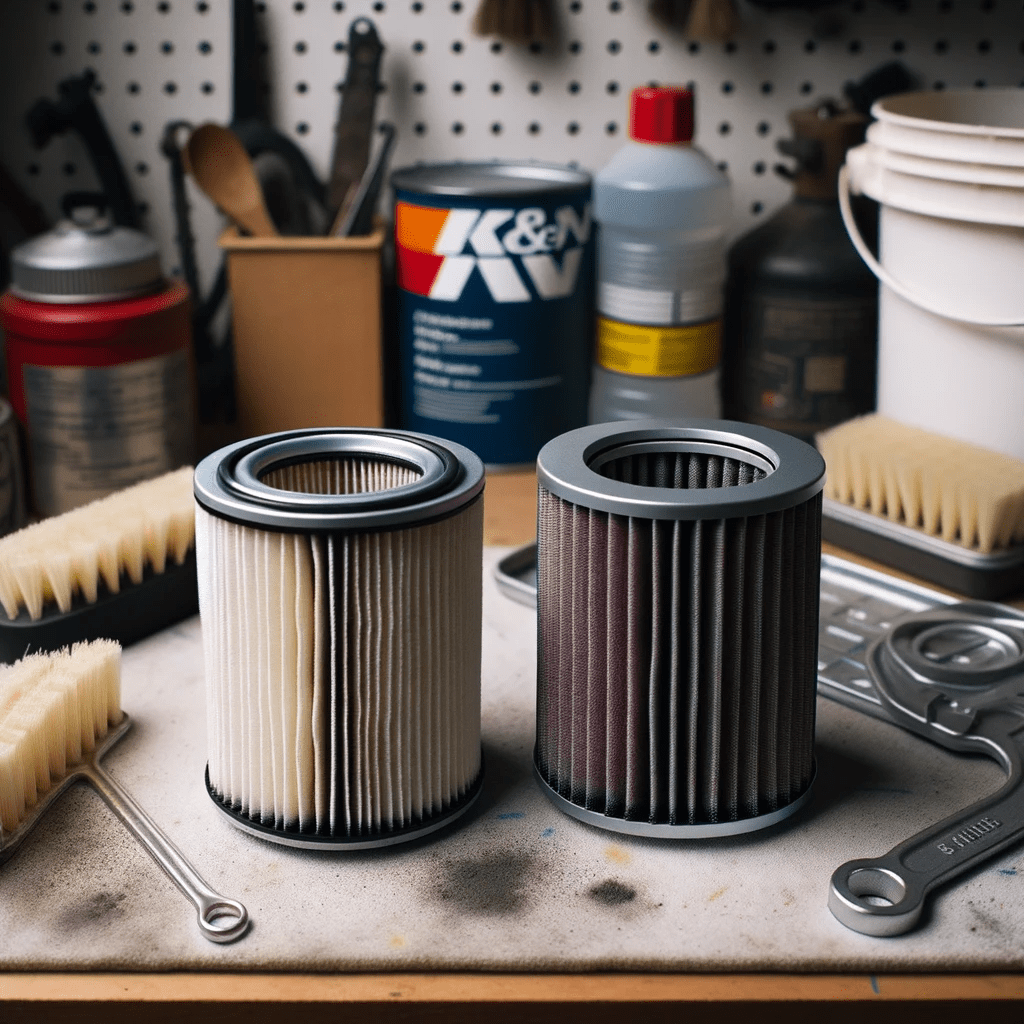
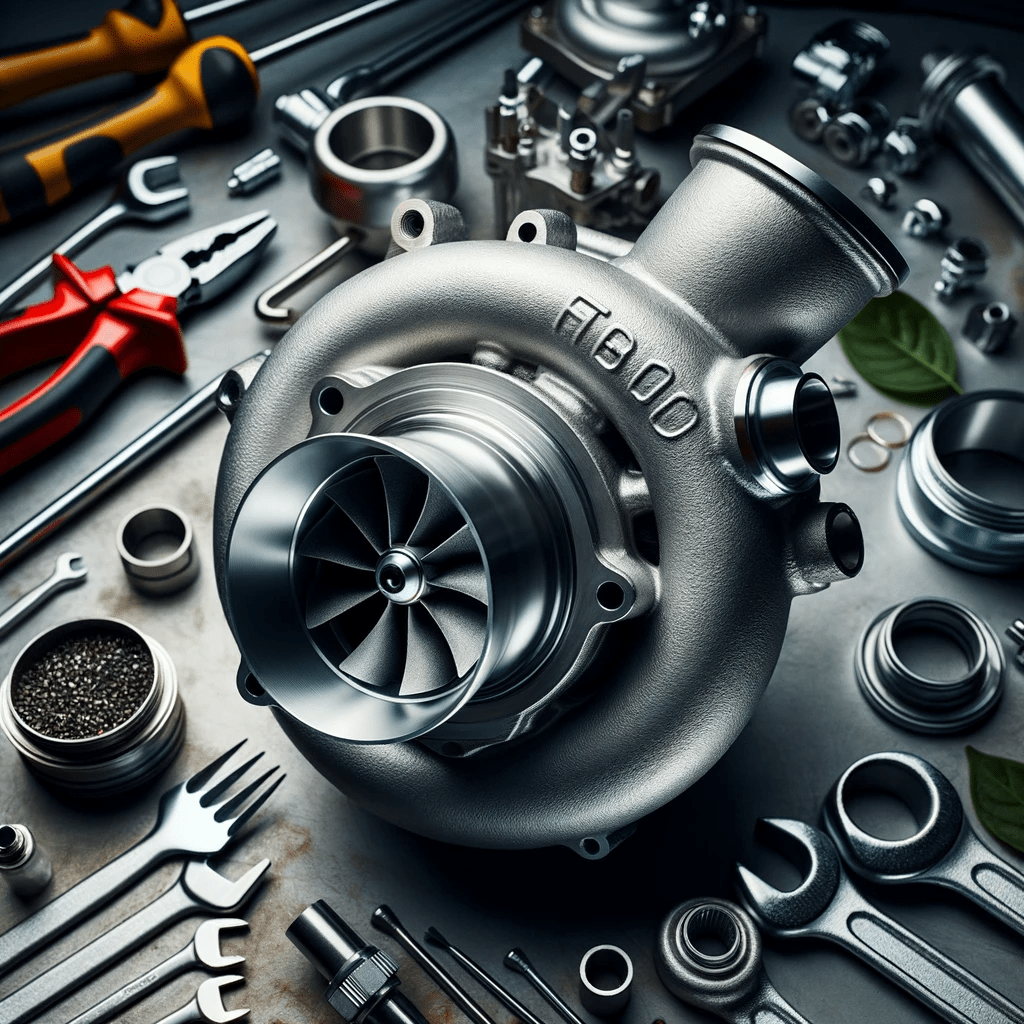
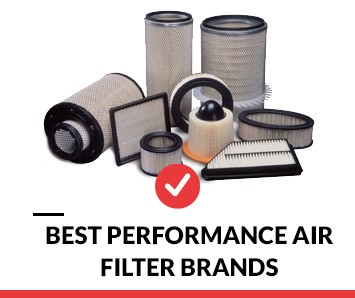

No Responses